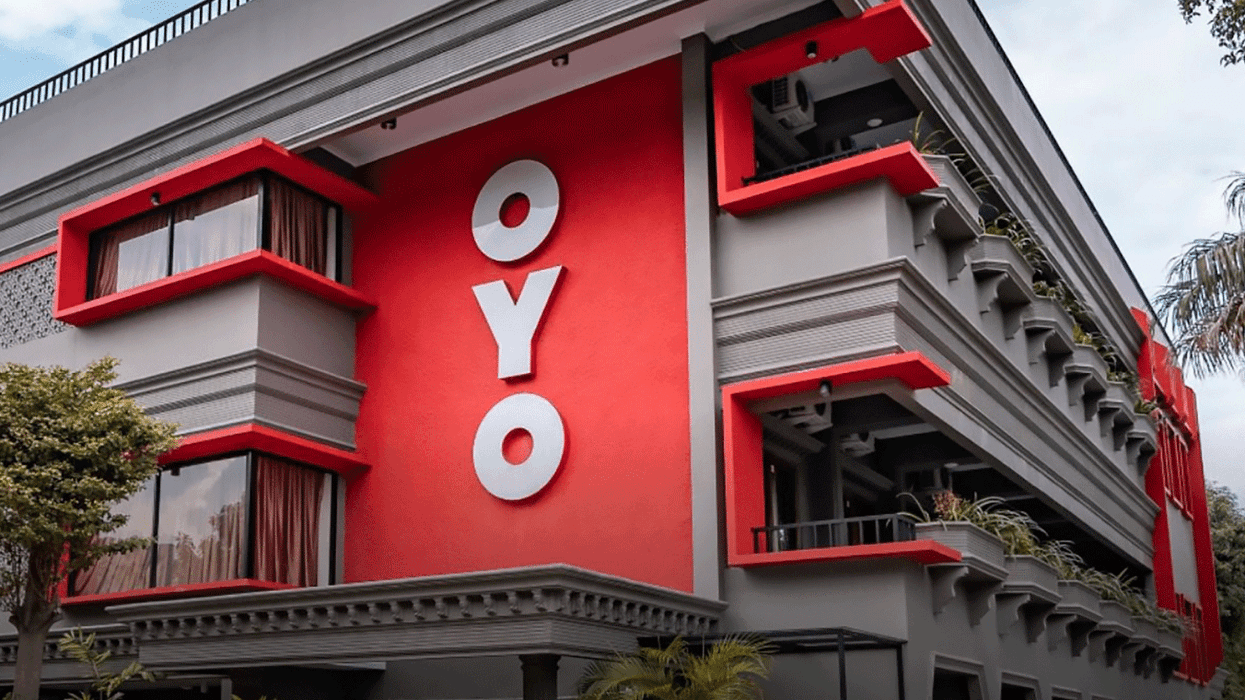THE BUSINESS TRAVEL resurgence in the U.S. significantly impacted the economy in 2022, with every $1 spent returning $1.15 to the U.S. GDP, according to the Global Business Travel Association. The industry also contributed $484 billion to the U.S. GDP in the same year and the association forecasts a further increase in business travel spending for 2024.
The study, titled "GBTA U.S. Economic Impact Study: Business Travel’s Impact on Jobs and the U.S. Economy," revealed that for every 1 percent growth in business travel, the U.S. economy gains nearly 60,000 jobs, $2.9 billion in wages, $1.2 billion in tax revenue and $4.8 billion in new GDP.
“The data shows that business travel is a substantial contributor to the health of the U.S. economy, and therefore also a key driver for the global economy,” said Suzanne Neufang, GBTA's CEO. “Business travel supports millions of jobs and delivers billions in tax revenue, which is why it is important for policymakers to consider the impact on the industry when devising economic policies – and for sustainable solutions to be prioritized, funded and developed to help us abate travel’s hardest-to-abate sectors.”
The U.S. led global business travel spending in 2022, totaling $421.1 billion and generating $119 billion in tax receipts, the study found. Domestic business travel at hotels supported hundreds of thousands of jobs and fueled a significant number of overnight stays in 2022. The industry directly supported 3.2 million jobs, approximately 2 percent of total U.S. non-farm employment, with 601,204 in the accommodations sector.
The U.S. is expected to remain a top market globally for spending in 2024, GBTA said. Final data for that year is unavailable, but estimates from GBTA's Global Business Travel Index suggest a 7 percent increase in U.S. business travel spending for 2023 compared to 2019 totals, indicating a strong industry recovery. Globally, similar growth is anticipated, with business travel spending projected to exceed $1.5 trillion in 2024.
Key highlights for U.S. business travel in 2022 include:
- 9 million business trips within the U.S.
- Approximately 67 percent of trips were for transient purposes, with the remaining 33 percent for conferences and events.
- Average trip duration increased to 4.1 days from 3.3 days in 2017.
- Average spending per trip was $632, with lodging accounting for 34 percent.
- Average age of U.S. business travelers: 44.3 years.
- Household income distribution: 33.9 percent below $50,000, 31.5 percent above $100,000.
- Blended travel constituted 33.8 percent of all trips, with an average stay of 4.4 days. Women were more likely to incorporate leisure into business trips compared to men in 2022.
Top business travel spending cities
California and New York led business travel spending, with $35.62 billion and $23.31 billion, respectively, the study found. Nevada topped the list of the top 15 states with the highest ratio of business travel spend to GDP, with $6 billion accounting for 3.2 percent of the state’s GDP. The top 15 states by overall business travel destination spending represented 65 percent of total U.S. expenditures, listed in descending order:
- California
- New York
- Florida
- Texas
- Georgia
- Illinois
- Colorado
- Pennsylvania
- New Jersey
- Washington
- Arizona
- North Carolina
- Ohio
- Nevada
- Virginia
A recent survey by Howdy.com found that almost half of American business travelers favor "bleisure" trips in 2024. This trend, which involves blending business trips into extended vacations with added paid time off and hotel stays, is now preferred over "workcations" by 60 percent of workers.






